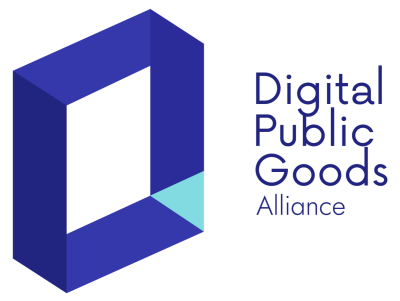The Standard for Public Code is now a Digital Public Good
The Standard for Public Code has been added to the Digital Public Goods Alliance’s Digital Public Goods Registry.
Foundation for Public Code President Ben Cerveny says, “We are extremely honored to have our Standard for Public Code recognized as a key resource for governments working toward achievement of the Sustainable Development Goals. The public code approach to open digital transformation also supports the integration of the other Digital Public Goods recognized by the Alliance.”
The Digital Public Goods Alliance aims to promote digital public goods - defined as open source software, open data, open AI models, open standards and open content that adhere to privacy and other applicable laws and best practices, do no harm, and help attain the Sustainable Development Goals - to create a more equitable world. Being recognized as a digital public good increases the visibility, support for, and prominence of open projects that have the potential to tackle global challenges.

This aligns well with our mission to enable public-purpose software and policy that is open and collaborative, and our values. The Standard for Public Code is a core tool in our codebase stewardship practice.
The Standard for Public Code’s recognition as a digital public good contributes to our support for the Sustainable Development Goals.
We’re proud the Standard for Public Code has passed the review of the Digital Public Goods Alliance and look forward to meeting the new codebases that find us through the registry.

For more information on the Digital Public Goods Alliance, please reach out to hello@digitalpublicgoods.net.
The Digital Public Goods Alliance is a multi-stakeholder initiative endorsed by the United Nations Secretary-General’s Roadmap for Digital Cooperation, working to accelerate the attainment of the Sustainable Development Goals in low- and middle-income countries by facilitating the discovery, development, use of, and investment in digital public goods.
All digital public goods are required to meet the Digital Public Goods Standard to ensure that projects truly encapsulate open source principles.